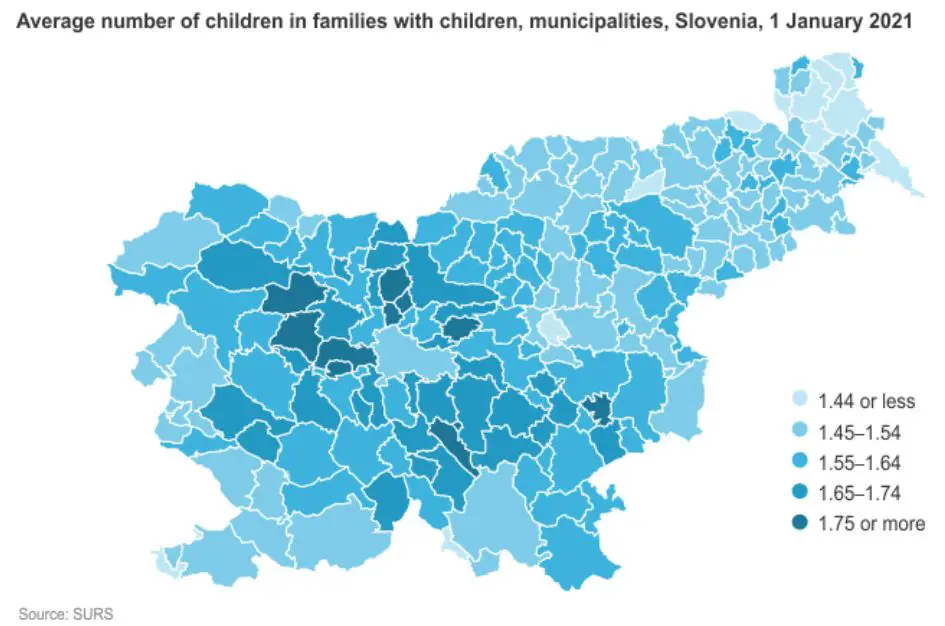STA, 2 December 2021 - Lovro Šturm, minister in two governments, Constitutional Court judge in the 1990s and professor emeritus at the Ljubljana Faculty of Law, has died aged 83, the New Slovenia (NSi) said on Thursday.
Šturm became professor of administrative law at the Ljubljana Faculty of Arts after he got his PhD there in 1966. He was also active in international organisations of jurists.
He was appointed judge at the Constitutional Court in 1990 and presided the court in his final two years in office, until late 1998.
In 2000 he served as minister of education and sport in the short-lived government of Andrej Bajuk. In 2004-2008, he was the justice minister in the first Janez Janša government.
He remained active in politics after he left the government, including as president between 2011 and 2016 of the Assembly for the Republic, a conservative think-tank.
Last year Šturm received the Silver Order of Merit from President Borut Pahor for his services in establishing the rule of law, constitutionality and constitutional law in the country.
The Justice Ministry said today Šturm had believed in the rule of law and promoted the development of law.
"He was a minister drawing on experience and history ... He had a remarkable sense of historical injustices and their correction," wrote the ministry, which Šturm headed as a minister from the NSi quota in the first government of Janez Janša.
As minister, Šturm helped modernise court proceedings and did an excellent job in heading demanding negotiations during Slovenia's first EU presidency, the ministry said.
"His contributions to the development of the rule of law and human rights in the Republic of Slovenia, as well as his contributions in the area of redressing past wrongs, will not be forgotten," the ministry wrote.
NSi head Matej Tonin described Šturm on Twitter as a "relentless fighter for the consistent implementation of the rule of law and the values of Slovenian independence". "He set an example in the protection of human rights and dignity through his work. My thoughts and prayers are with his family," he wrote, offering his condolences.
PM Janša noted that Šturm had also been one of the founding members of the DEMOS coalition during Slovenia's independence efforts, the president of the Constitutional Court and the Assembly for the Republic, as well as a great patriot, intellectual and human rights fighter. Janša too extended his condolences to Šturm's relatives.
President Pahor also conveyed his condolences to Šturm's family, noting the Silver Order of Merit the late law expert received in 2020.
Slovenian bishops joined expressions of condolences, thanking God for Šturm's "life mission, especially in the field of religious freedom of Slovenian Christians".
A joint statement by the Pravnik association of law graduates and students and the Slovenian Bishops' Conference reads that Šturm made a significant contribution to the development of law studies and theoretical basis for the Slovenian legal system.
As a former constitutional judge and president of the Constitutional Court, he contributed to the development of the free and democratic society doctrine, the legal principles of the rule of law, the principle of proportionality, state power limitation, the protection of private property and individual liberty, they added.


